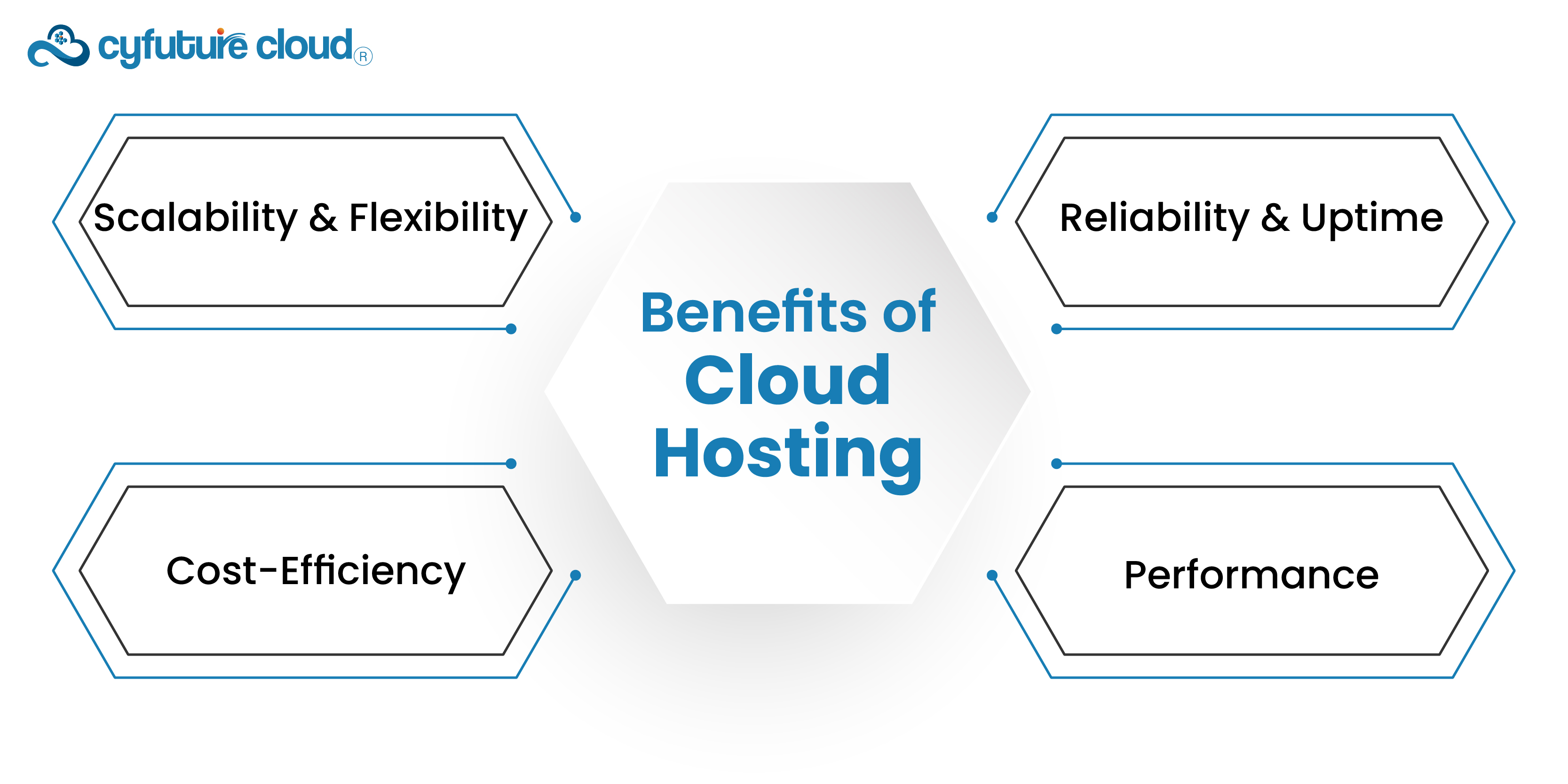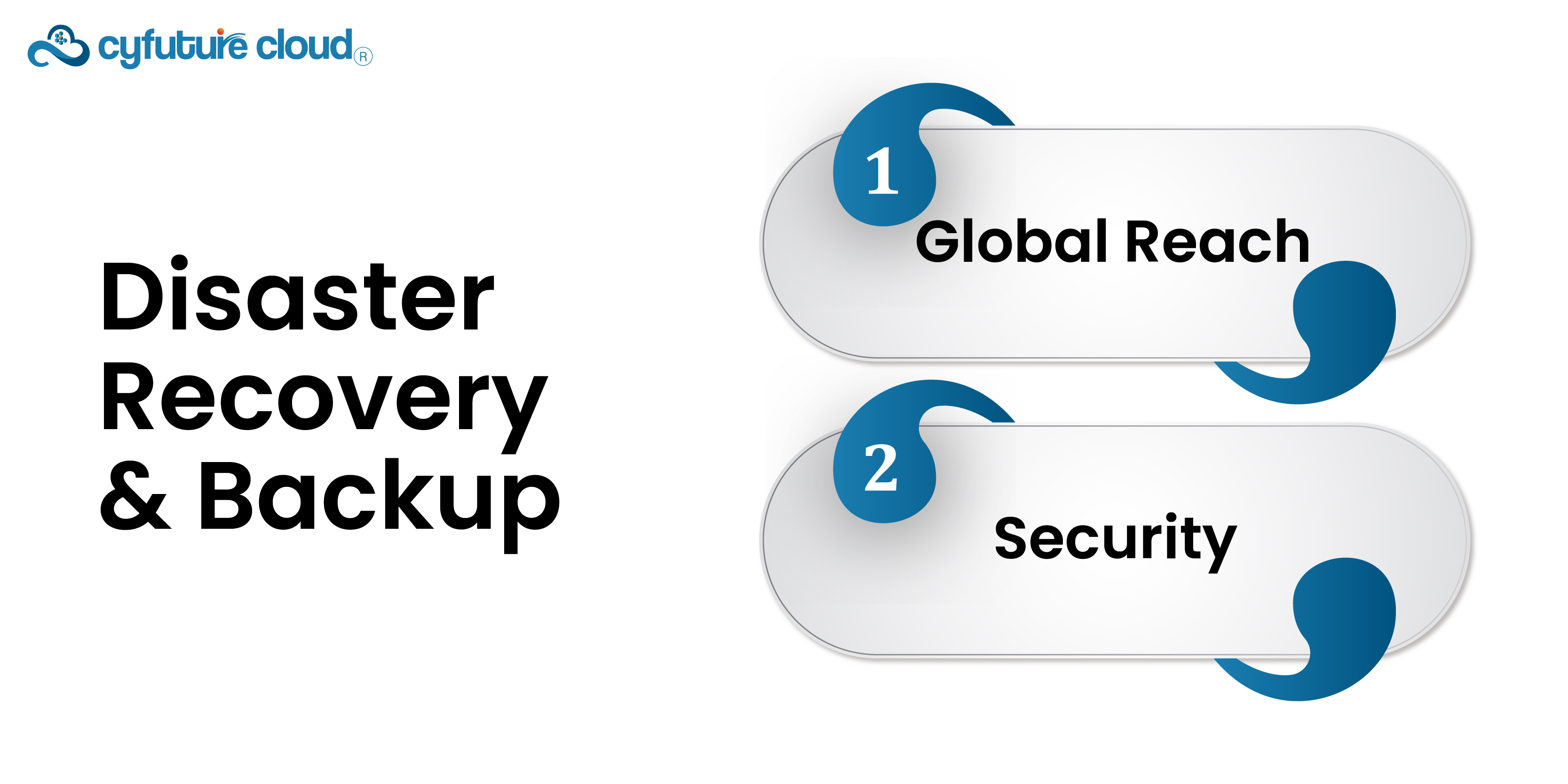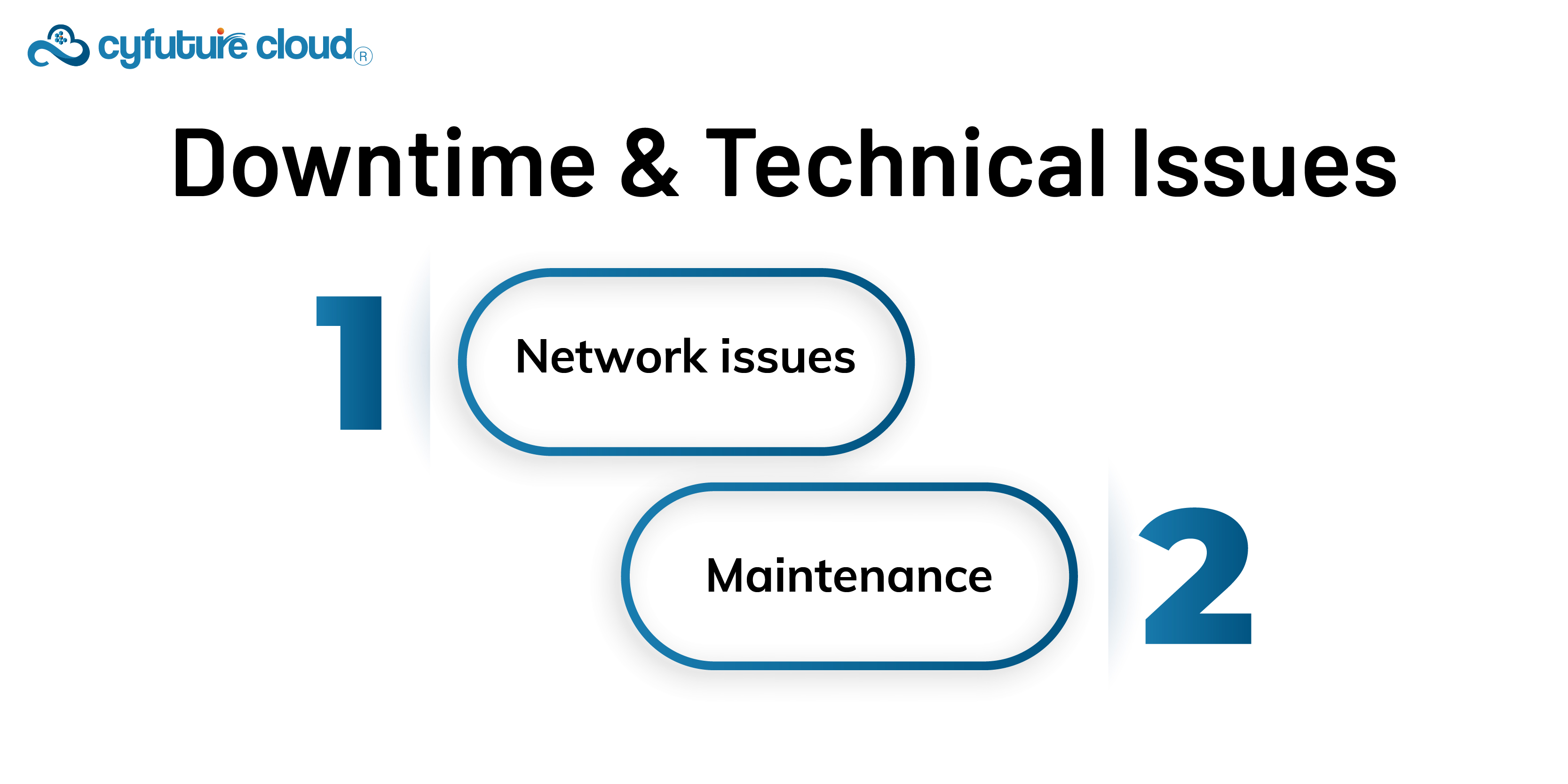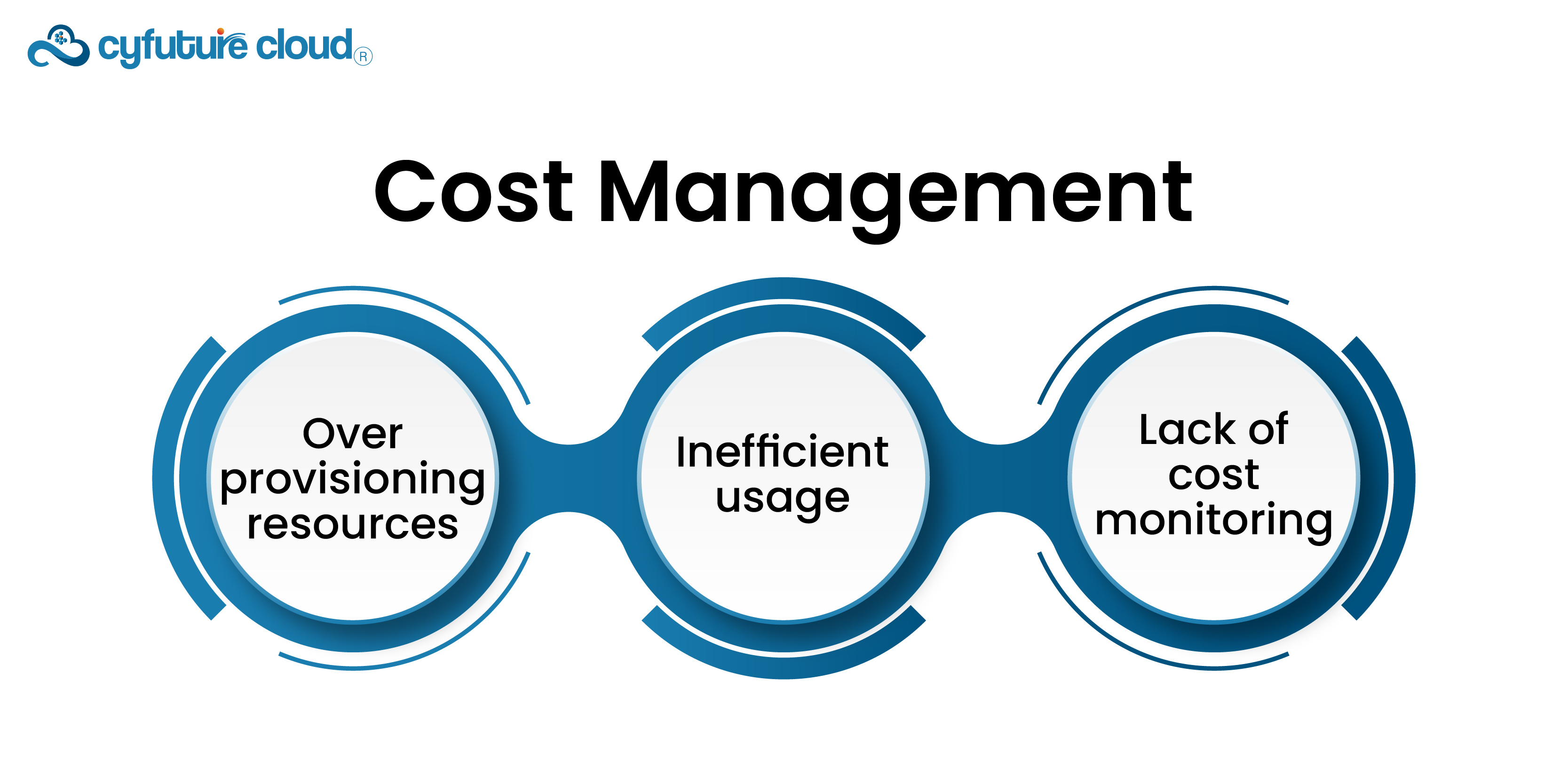 Server
Colocation
Server
Colocation
 CDN
Network
CDN
Network
 Linux Cloud
Hosting
Linux Cloud
Hosting
 VMware Public
Cloud
VMware Public
Cloud
 Multi-Cloud
Hosting
Multi-Cloud
Hosting
 Cloud
Server Hosting
Cloud
Server Hosting
 Kubernetes
Kubernetes
 API Gateway
API Gateway


Cloud hosting works with several servers to distribute the load and ensure maximum uptime of the hosted resources. The principle of work is that your website can operate in a “cluster” and use the resources of a common pool.
Compared to traditional web hosting, this infrastructure supports higher levels of:
- Performance
- Reliability
- Scalability
Cloud servers are widely adopted due to their flexibility and efficiency. It enables businesses to scale their web presence according to demand.

Let's quickly look at the exceptional advantages cloud servers offer.
Cloud hosting allows for easy scalability. This means that as your website grows and traffic increases, you can easily add more resources without much disruption. This flexibility is particularly important for organizations with high and low activity periods. It ensures that performance remains consistent during peak times.
Cloud hosting also helps avoid server failure, as data is stored across several servers. If one server is down, other servers take the load. Thus, it offers high availability. It ensures that your website is available and functional nearly all the time.
Cloud server hosting is normally billed based on the use of the services offered to the end users. It is a utility-style billing system where consumers only pay for consumed resources. It can also be more affordable than other forms of hosting, where you may be charged for the maximum resources even though you do not utilize them frequently. This model helps businesses optimize their hosting budget.
Cloud hosting can offer superior performance by leveraging load balancing and data caching across multiple servers. It ensures that traffic is evenly distributed. Thus stopping any single server from becoming a bottleneck. As a result, websites hosted on the cloud often load faster and handle more traffic efficiently.

Some cloud hosting providers have excellent backup and disaster recovery solutions. Cloud storage is protected, data is usually backed up, and data can be restored quickly in the event of a failure. This reduces the probability of data loss and helps maintain business operations.
Cloud hosting services typically provide data centers in multiple geographic locations. This global presence allows businesses to host their websites closer to their users. Therefore, it eliminates or minimizes latency and enhances the user experience. It is especially useful for companies looking to expand into an international market.
Leading cloud hosting providers invest heavily in security measures to protect their infrastructure. These measures include:
- Encryption
- Access control systems
While security is a shared responsibility, the advanced security features provided by cloud hosts can significantly enhance your overall security posture.
Although cloud server hosting offers exceptional benefits, there are also some risks associated with them:
Despite advanced security measures, storing sensitive data on the cloud can be risky.
The security threat that remains a concern are:
- Data breaches
- Unauthorized access
- Security threats
Businesses need to ensure they have robust security practices, such as:
- Using strong encryption
- Regularly updating their security protocols

While cloud hosting is generally reliable, it is not immune to outages. Technical problems that can lead to downtime include:
- Network issues
- Maintenance
To minimize this risk, it is essential to choose a reputable cloud provider with a solid track record and strong service level agreements (SLAs).
Although cloud hosting can be cost-effective, it can lead to unexpected expenses if not managed properly. Actions that can lead to higher-than-expected bills include:
- Over-provisioning resources
- Inefficient usage
- Lack of cost monitoring
Businesses must implement cost management strategies and use monitoring tools to keep track of their cloud expenses.

Switching from one cloud provider to another is expensive and difficult, which results in vendor lock-in. Different providers may use proprietary technologies, making it difficult to switch services. To minimize such a risk, organizations need to adopt the multi-cloud model or select cloud service providers that embrace open standards.
Businesses have less infrastructure control in a cloud server environment than on-premises hosting. It can be a drawback for organizations with specific customization needs or stringent security requirements necessitating direct control over their servers.
Cloud server hosting offers numerous benefits, but it also comes with multiple challenges. Businesses must weigh these advantages and risks carefully. They need to consider their needs and context so that they can make a good decision about whether to adopt cloud hosting solutions. As long as companies adhere to best practices and select a reliable cloud hosting provider, they take advantage of this technology's opportunities with minimal risks.

Let’s talk about the future, and make it happen!
By continuing to use and navigate this website, you are agreeing to the use of cookies.
Find out more


